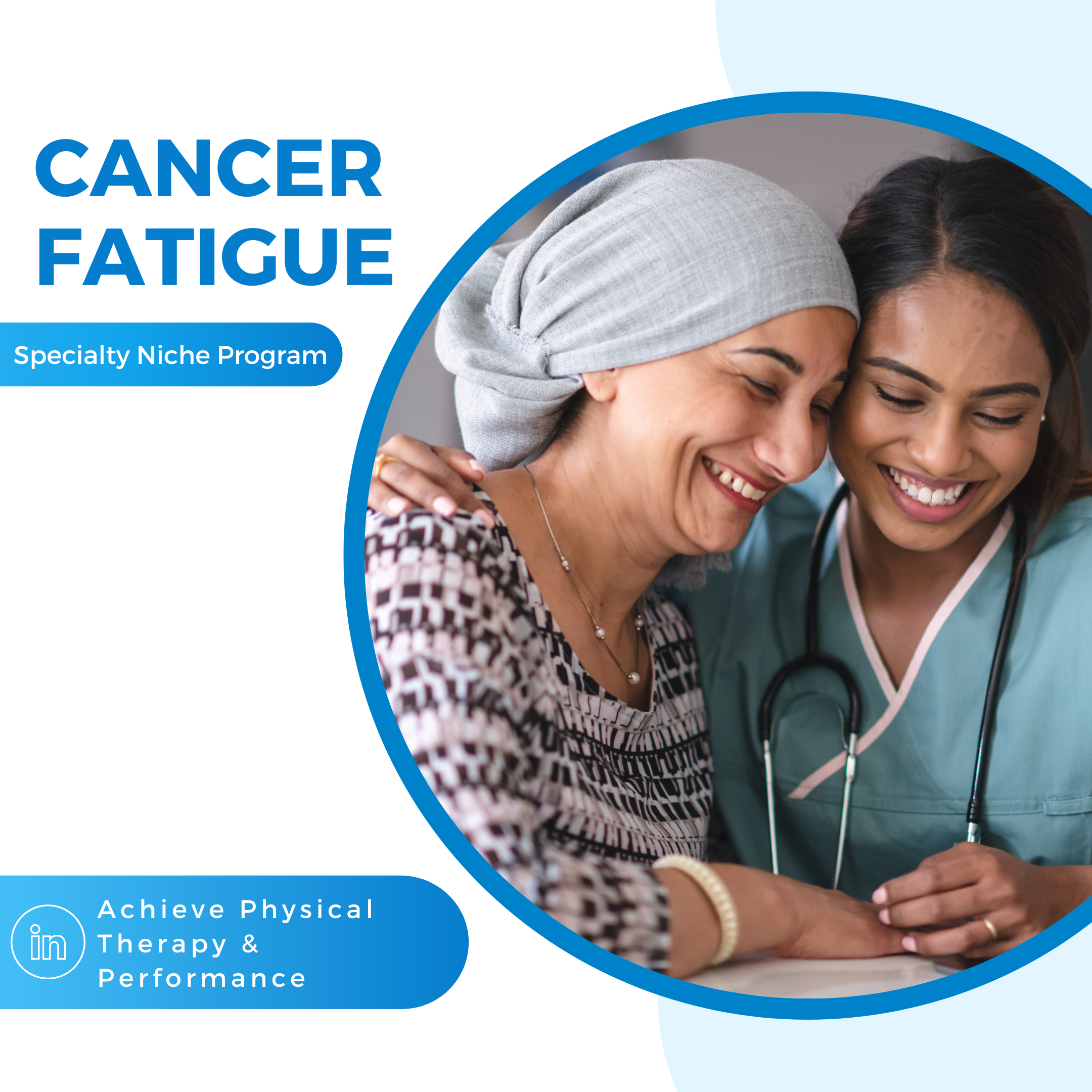
What is cancer fatigue?
Fatigue is a very common problem in cancer patients. Fatigue can be expected when undergoing cancer treatment. Some reports show that as many as 90% of cancer patients struggle with fatigue at some point in their journey. It is one of the most common and challenging effects of having cancer.
Cancer-related fatigue can begin before receiving the diagnosis. There is no test to specially diagnose cancer-related fatigue, but you should communicate all symptoms to a healthcare provider. From there, your doctor can diagnose cancer-related fatigue by better understanding the anxiety and stress you’re experiencing from cancer and the cancer treatment.
Cancer fatigue is very different from your everyday fatigue. Everyday fatigue may be related to stress, lack of sleep, or an extra-hard workout. The fatigue you experience from cancer isn’t your typical, everyday tiredness. Cancer-related fatigue can result from cancer itself or its treatment, but it may also have other causes, such as iron deficiency anemia, or an underactive thyroid. This kind of fatigue drains you of energy, makes your arms and legs feel like lead, and doesn’t relent, no matter how many hours of sleep you get.
Causes of Cancer Fatigue:
- Stress
- Poor sleep patterns
- Medication side effects
- Pain
- Poor nutrition
On top of all of that, fatigue can be caused by cancer itself and cancer treatments such as surgery, chemotherapy, and radiation. Chemotherapy and radiation are designed to attack fast-growing cancer cells. The problem is that there are other healthy cells also being attacked by chemo. As a result of damage to those cells, people experience the side effects such as nausea, hair loss, and major fatigue. Fatigue is the body trying to generate new, healthy cells while replacing the defective ones being killed off by chemo.
Cancer Fatigue Symptoms:
- Feeling tired
- Weakness
- Exhaustion
- Feeling slow
- Feeling heavy
- Having no energy
- Feeling depressed
- Feeling helpless
These symptoms can be very frustrating because they can make it difficult to perform regular physical activities such as walking, climbing stairs, or even eating. These symptoms can often temporarily get better or resolve completely once you have finished chemotherapy. Cancer fatigue could also continue many years after your treatment has ended. Fortunately, there are some solutions to help manage fatigue.
How to Manage Cancer Fatigue:
- Take short naps or rest breaks during the day
- Prioritize the things needed to get done first
- Ask for help from friends and families
- Exercises, such as a brisk walk or yoga, may help one sleep better at night
- Eat foods that will give energy, such as lean proteins (fish, chicken, eggs), fresh fruits, vegetables, and whole grains
- Counseling to reduce stress and/or anxiety
- Drink plenty of water throughout the day
To learn more about managing cancer-related fatigue click here.
Cancer-Related Fatigue Programs
Cancer-related fatigue programs are tailored exercise regimens developed by our physical therapist to help with any number of issues that can result from cancer. Our physical therapist finds the type of treatment that’s most helpful for their patient. They can evaluate and monitor the patient’s progress through treatment, while also helping to keep their energy levels up. The programs are meant to improve strength and help cope with symptoms.
Physical Therapy for Cancer Fatigue:
- Alleviate fatigue
- Teach patients how to exercise
- Improves posture
- Alleviate dysfunction
- Help to maintain muscle strength and flexibility
- Restore muscle balance
- Help decrease depression by increasing endorphins
- Improve balance
- Improve endurance
Click here to read more.
